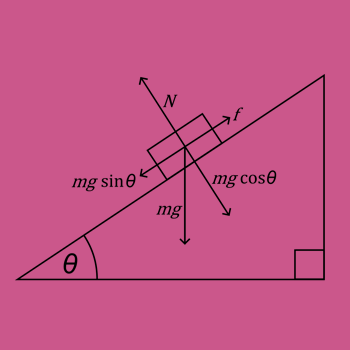A bunch of friends went to the Snack Shack for lunch. The first family ordered 4 hamburgers and 4 orders of fries for $9.00. The next family ordered only 1 hamburger and 2 orders of fries for $3. How much would each item cost individually?
3 Answers
Fries are
See explanation.
I have shown you how to find the hamburger cost.
Explanation:
Let hamburgers be h.
Let fries be f
Condition 1:
Condition 2:
To eliminate h multiply equation (2) by 4 and then subtract it from (1) leaving only the amount of f and its cost:
Substitute (3) back into (1) to find h.
I will let you do that bit!
$1.50 for hamburgers, and $0.75 for fries.
Explanation:
I will answer this question using a system of equations.
The first equation I will make is
The second equation I can make based on the given information is
From equation 2, we have what
Now that we have
A Hamburger costs $1.50
An Order of Fries costs $0.75
Explanation:
Using the question "A bunch of friends went to the Snack Shack for lunch. The first family ordered 4 hamburgers and 4 orders of fries for $9. The next family ordered only 1 hamburger and 2 orders of fries for $3. How much would each item cost individually?" We can set up the varible
Next we would set up equations. Since family one has 4 hamburgers and 4 fries for $9 we can put that into the equation
We do the same thing for family two with 1 hamburger, 2 fries, and $3 to get the equation
Now we need to take either equation and simplify it to equal a variable. Since the second equation is simpler, I'm going to use that one. The step by step simplification of equation 2 is:
since we now know the value of
The step by step silification:
Now putting the value of
Step by step:
so
So your answer is...
A Hamburger costs $1.50
An Order of Fries costs $0.75.
The thing we did when we plugged in one value for another is called the substitution property and is an awesome way to find answers to algebraic equations like these. The substitution property is when you take one value and plug it in for a equal value in another equation, and that's what we did to find your answer.
I hope this helps, Good Luck!



